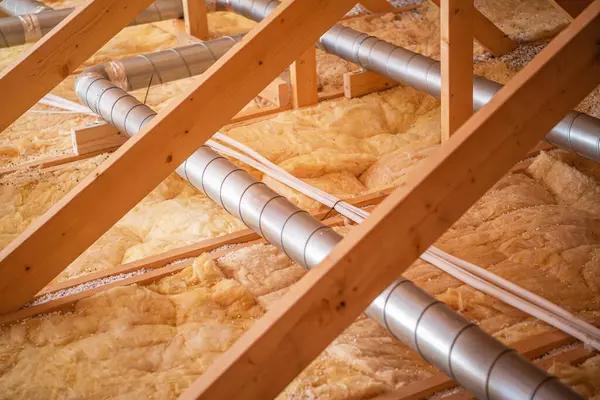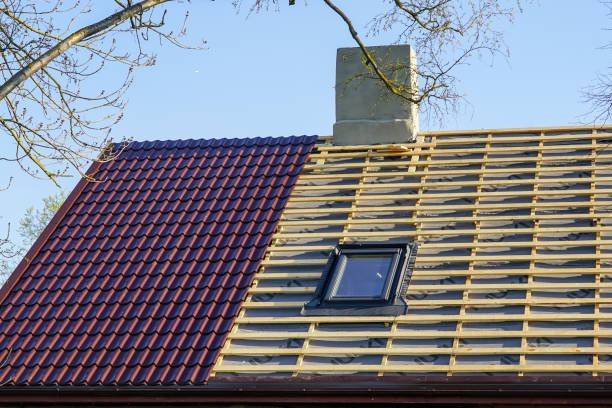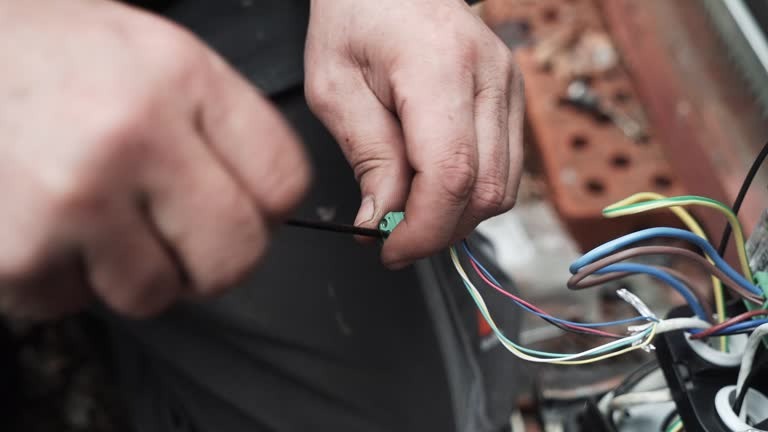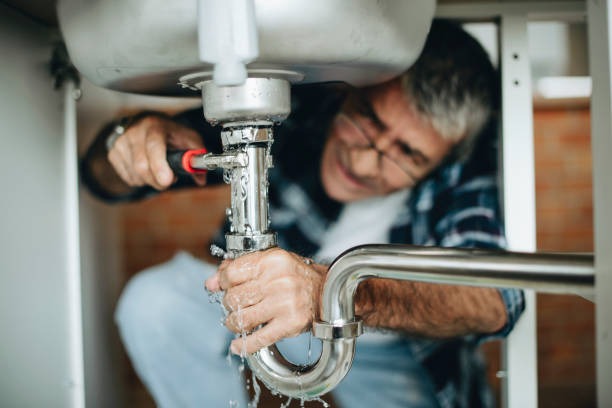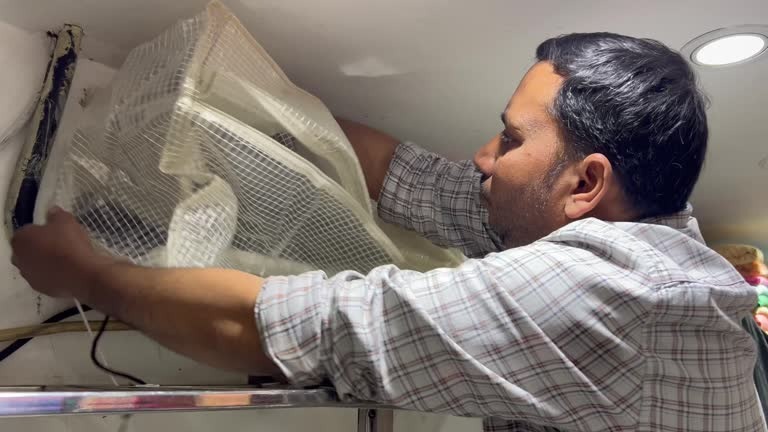Air conditioning systems have become an essential part of modern living, providing comfort during sweltering summers and maintaining indoor air quality. However, there are numerous myths surrounding HVAC (Heating, Ventilation, and Air Conditioning) systems that can lead to inefficiencies or even unnecessary expenses. It’s time to separate fact from fiction and debunk these common misconceptions.
One prevalent myth is that setting your thermostat to a very low temperature will cool your home faster. In reality, air conditioners work at a consistent rate regardless of the temperature setting. Lowering the thermostat drastically won’t speed up cooling; it simply keeps the system running longer until the set temperature is reached. This not only wastes energy but also puts undue strain on your unit.
Another widespread belief is that closing vents in unused rooms saves energy. While this might seem logical, it can actually disrupt airflow balance within your HVAC system. Modern systems are designed to distribute air evenly throughout a home, and blocking vents can cause pressure imbalances that make the unit work harder than necessary—leading to increased wear and tear as well as higher energy bills.
Many homeowners think they don’t need regular maintenance if their AC appears to be functioning properly. This couldn’t be discover further from the truth. Like any complex machine, HVAC systems require routine check-ups to ensure optimal performance and longevity. Neglecting maintenance can result in reduced efficiency over time or unexpected breakdowns when you need cooling most.
A particularly persistent myth is that bigger air conditioning units are always better for cooling larger spaces effectively. Oversized units may cool quickly but fail to dehumidify adequately, leaving your space feeling clammy rather than comfortable. Additionally, frequent short cycling—where the system turns on and off repeatedly—can lead to premature wear on components.
Some people believe using ceiling fans means they don’t need an AC at all or vice versa; however, these two tools complement each other perfectly when used together. Ceiling fans help circulate cooled air more effectively throughout a room without lowering its actual temperature—a great way to enhance comfort while reducing reliance on your AC unit alone.
By understanding these myths about HVAC systems and adopting best practices instead of outdated beliefs, you’ll not only save money but also extend the life of your equipment while ensuring year-round comfort in your home or office space.

